
First off, I know she's much smarter than me and a far better writer, so very soon, she'll be giving me writing advice. But until then, this is the counsel I gave her. (I added subheads to help organize it for you, the reader.)
***
That’s so cool you’re going to start writing your best seller! What’s it going to be about? I definitely can offer some advice about what’s worked for me.
When is your high energy time?
For me, my high energy/focus time is first thing in the morning. I get 90% of my meaningful work done before noon, and when it comes to my own personal book writing, it all has to be first thing in the morning.
My morning writing ritual:
So my ritual is that I rise way too early, start freebasing coffee, put on some great tunes, and get to writing. I used to try and put in long days writing but that’s counterproductive. It’s not hard at all to fill the page, but clarity and focus are the real goal, not just hours invested. That being said, I’ll try to focus on a one-hour slot that I “schedule” or dedicate first every morning. Ideally, I turn Wi-Fi off and phone off so no emails, Facebook, etc. (breaking my own rule right now) so I won’t deviate or become distracted. If I get into the groove I can write longer than an hour, or come back to it at night or whatever, but that’s just bonus time and if nothing else, you can easily write a book over the summer with one hour a day, 5 or 6 days a week.
Part 1, planning and organizing:
I like to do two things when I’m writing a book. One is plan, organize, outline, research, read articles about my craft, and take copious notes. Because inspiration sometimes hits when you’re in line at the bank or when you’re trying to sleep at 3am, I jot them down as a memo on my iPhone or whatever and then bring those back in later. But the organization part really helps me know I’m on track and not just a crazy person spewing words (the jury is still out on that one.) This part can be done after the designated hour every morning or at night or whenever – it doesn’t take much focus.
Part 2, writing.
The second thing I do when writing a book (but most important) is write. Haha I’m not being a wise ass, so I’ll explain. During that hour, the goal is to get started and not stop. When I start a book, it’s impossible for me to sit down and say “Ok, chapter one page one. The night was hot and humid, etc.”
So I start writing with stream of consciousness about the idea of the book, the themes, conflicts, dialogue, and especially the characters. Well in advance of actually writing any material that will be used word for word in the book, I’m purging my mind of ideas and developing them with brainstorming. Since characters are so important, I’ll spend a lot of time on characters, like I said, fleshing out their lives and desires, values and fears, quirks and characteristics, etc. 90% of that may not end up in the book, but I believe it really helps.
Practice turns into material for the book:
So every morning I’m just hacking away with this, fingers on keyboard for an hour without stopping much, and then one day it just happens: I start producing good content that will be in the book, whether that’s page 1 or around a pivotal scene or dialogue or whatever.
How to deal with pressure and high self-expectations:
For me, my great is the enemy of good and if I feel so much pressure to write well, it comes out like crap. So by “practicing” first, and then just focusing on one scene or whatever to get started, there’s really no pressure. I also remind myself daily that the goal is just to get started, not produce a polished, finished book. Everything will be edited and rewritten, several times. So that way I’m not worried about making mistakes or writing crap, and I’m free just to be productive.
Percentage of time spent on different facets of the book writing process:
It seems like it would take forever to write a book but for me, about 10% is preparation, 30% writing the first draft, and 60% is the rewriting and editing process. That process sucks by the way. But it’s encouraging to know you’re fixing mistakes and tweaking it to get it how it should really be, so someone actually wants to read it!
I hope this was helpful! Hit me up if you have any other questions or need more help.
-Norm :-)
| For more writing advice and tips, check out The Book Marketing Bible on Amazon.com, with 99 essential marketing strategies for self-published and first-time authors, or any writer looking to skyrocket sales. |
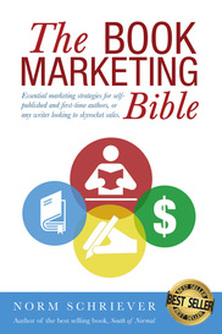
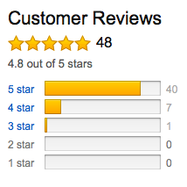












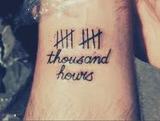

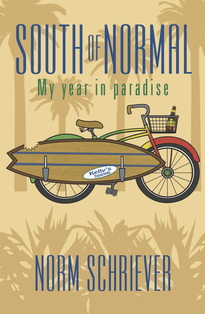
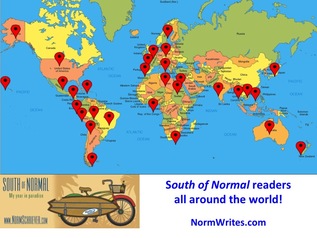





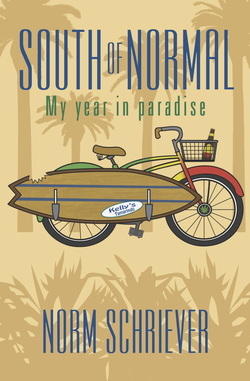


 RSS Feed
RSS Feed